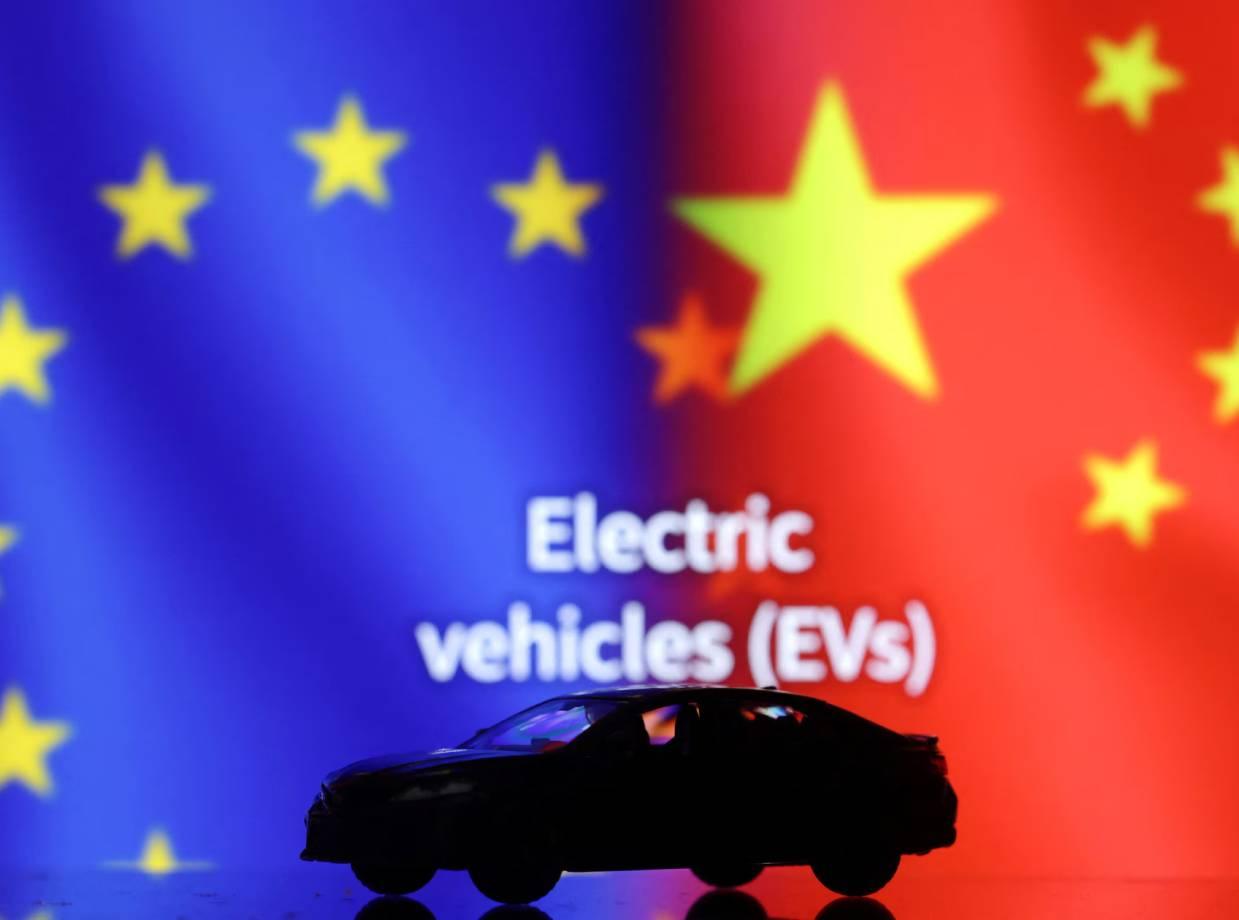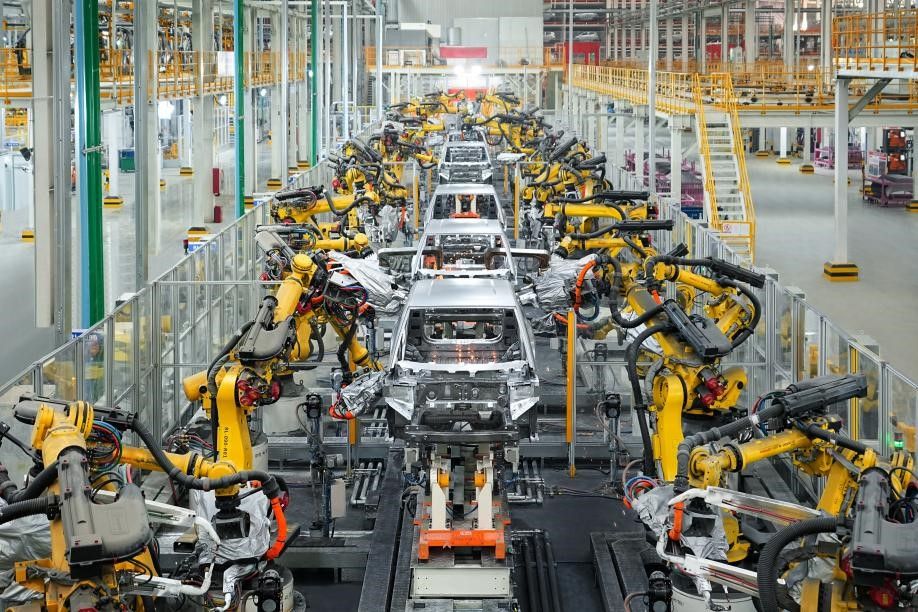The PHEV Boom of 2025: Why Plug-In Hybrids Are Back in Demand
As the global automotive industry pivots toward electrification, plug-in hybrid vehicles (PHEVs) are experiencing a resurgence in 2025. Offering the benefits of both electric and petrol power, PHEVs are meeting a unique set of consumer needs—especially in regions where charging infrastructure is still developing or range anxiety remains a concern.

Explosive Growth in Registrations Across Europe
In April 2025 alone, European PHEV registrations surged by 31.2% year-over-year, following a 7.8% increase through April. Germany led the charge with a 60% jump, while Spain saw an 80% rise. Central and Eastern European countries posted extraordinary growth—Latvia (+415%), Lithuania (+184%), Poland (+115%), and Slovakia (+113%)—demonstrating broad-based demand across diverse markets.
Global Momentum: PHEV Sales Climb Worldwide
Globally, PHEV sales hit over 2 million units in the first four months of 2025, a 29% increase compared to the same period in 2024. China's PHEV market grew to 1.33 million units (up from 1.03 million), while Europe accounted for 365,600 units—marking stable growth in the region despite China’s leading position.

The Bigger Picture: EV vs. PHEV Market Dynamics
While BEVs (battery-electric vehicles) are expanding rapidly, PHEVs continue to occupy a significant share of Europe’s market. From January to May 2025, BEVs claimed 15.4% of new car registrations, but hybrids—including PHEVs—commanded a much larger 35.1% market share. This underscores how strongly consumers still value the flexibility PHEVs offer.
Supply Chain Strains Highlight PHEV Popularity
Even supply chains are feeling the pressure. Toyota, the largest global hybrid producer, reported months-long delays for hybrid models, particularly in Europe, where wait times stretch to 60–70 days. Globally, hybrid—including plug-in—sales have tripled in five years, demonstrating their resilience and continued appeal.

What's Driving the PHEV Comeback?
| Driver | Why It Matters |
|---|---|
| Flexibility | PHEVs ease range anxiety by offering both electric and combustion power. |
| Regulatory Compliance | Many fleet and emission-target rules still reward low-emission hybrids. |
| Incentives & Infrastructure | Incentives (e.g. tax breaks) and limited public charging push consumers toward hybrids. |
| Supply Constraints | Limited BEV supply and component bottlenecks make PHEVs more accessible currently. |
Automakers are responding with new PHEV models—as seen with Ford’s Tiguan and Kodiaq PHEVs offering nearly 100 km electric range—and the strategy is paying off.
What This Means for Consumers
-
In markets with still-developing EV infrastructure, PHEVs give buyers peace of mind.
-
Fleet operators benefit from lower emissions without losing operational flexibility.
-
Premium and performance segments are investing in PHEVs, offering high acceleration and electric-only bursts of range.
Final Thoughts: Is the PHEV Boom Here to Stay?
Yes—for now. PHEVs are providing a bridge between internal combustion and fully electric mobility, satisfying both practical needs and regulatory demands. But as BEV infrastructure expands and battery costs decline, we may eventually see PHEVs become a transitional technology.
For now, though, the PHEV boom of 2025 highlights how market realities, consumer behavior, and regulatory frameworks can align to revive and sustain interest in hybrid electrified power.




Leave a comment
This site is protected by hCaptcha and the hCaptcha Privacy Policy and Terms of Service apply.